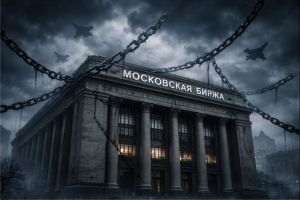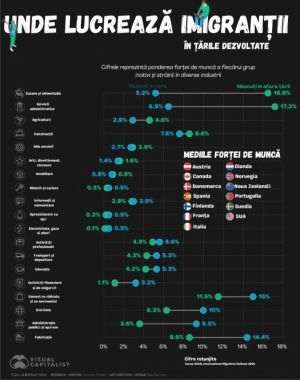The Federal Reserve doesn't want investors to think an interest rate cut is coming anytime soon, according to Business Insider. In the middle of this week, the US central bank announced that it will continue the pause period in raising the monetary policy rate, after keeping the rate unchanged in September.
Thus, the Fed left the federal funds rate at 5.25% - 5.5%, while since last year it has operated eleven interest rate increases, the fastest rate of monetary tightening in the last forty years. According to Chairman Jerome Powell, the decision was made in the wake of positive inflation and employment data from the past month, but regarding interest rate cuts, the Fed chief said "the issue is not even being discussed at this point," according to the publication.
"We are not talking about reductions in interest rates. We are still very much focused on the first question, namely, have we arrived at a sufficiently tight monetary policy to bring inflation down to 2% over time, sustainably? That's the question we're focused on," Powell said during the news conference after Wednesday's decision.
According to the Fed chairman, the next question is how long the current tight monetary policy will be maintained. "We have said that we will keep policy tight until we are confident that inflation is on a sustainable path to the 2% target," Powell said.
While he did not indicate whether the Federal Open Market Committee (FOMC - the executive arm of the Fed) would raise interest rates at its next meeting in December, Powell stressed that the Fed is "processing the situation carefully" as it determines its next move in the fight against inflation.
"The risk of doing too much versus the risk of doing too little is getting closer and closer to balance," Powell said, noting that the institution still isn't forecasting a recession at this point.
Part of the uncertainty comes from conflicts abroad, the Fed president pointed out, stressing that the US central bank will continue to monitor the economic implications of the wars in Israel and Ukraine. Powell also said that a possible government shutdown after November 17 poses a risk to the economy.
Democratic Rep. Brendan Boyle said the Fed was right to keep interest rates unchanged, but also that it must avoid a costly overcorrection. "Republicans need to get down to business by avoiding a federal shutdown and providing the emergency funding we need to reduce costs, provide disaster relief and support our allies around the world," he added. Boyle, according to Business Insider.
A government shutdown occurs when the US Congress fails to approve or the president refuses to sign a spending bill necessary to finance the operations of the federal government. This leads to a funding shortfall, which can cause the temporary disruption of many government functions.


























































